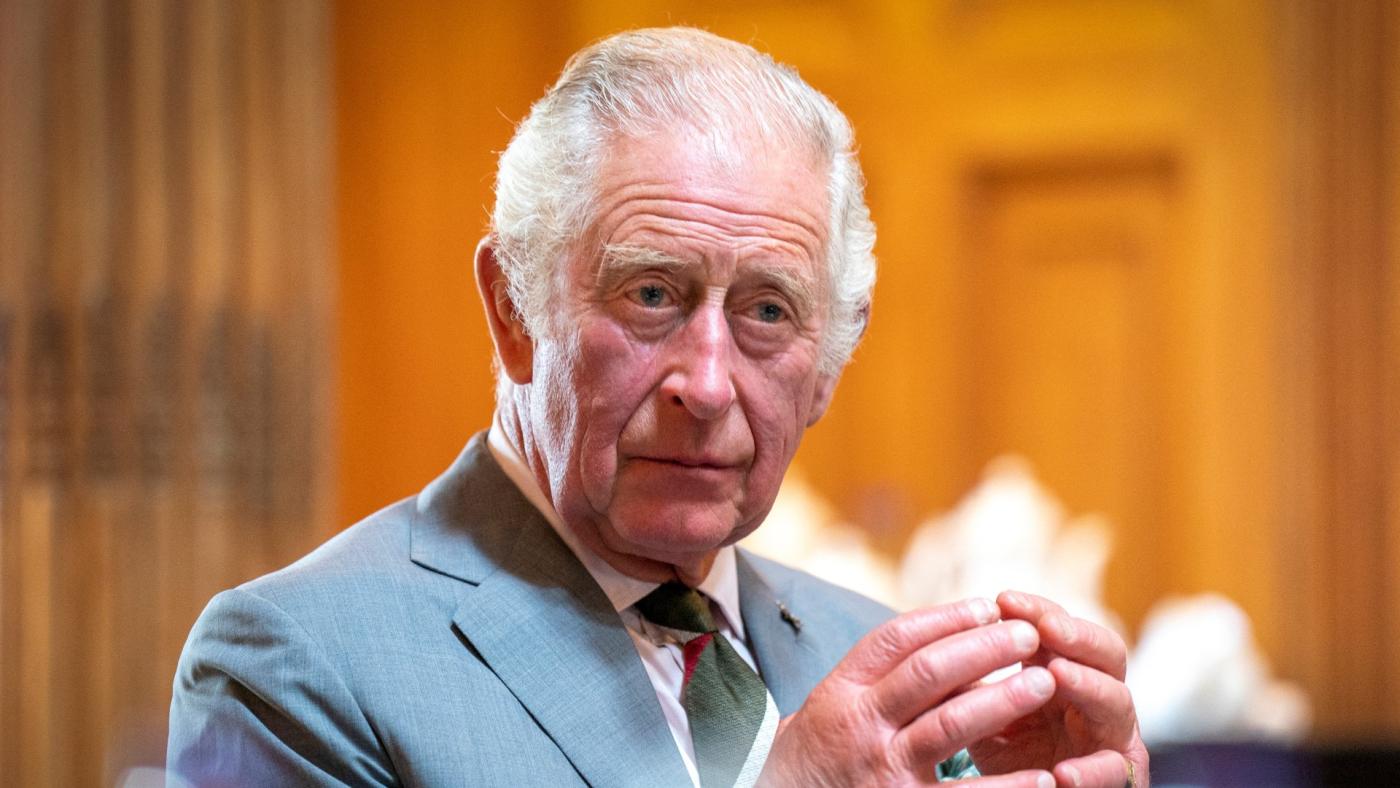Like any rousing Islamic preacher, Muhammed Tahir ul-Qadri’s voice rises to a shout and his index finger jabs as he hammers home a point. But rather than angry calls for jihad (holy war) or a vitriolic denunciation of the West and its aggressions against Islam, Qadri’s message, equally forcefully delivered, is about moderation, peace, inclusion and understanding.
Addressing a packed auditorium from a raised platform, his words beamed on to large screen behind him, more than 1,000 young followers hang on his every word, even as his lecture moves into its fourth uninterrupted hour. Qadri, 58, who was born in Pakistan but now lives in Canada, is a renowned scholar of Sufism, a long tradition within Islam that focuses on spirituality, emphasising peace and moderation. In Britain, he is the main draw at a three-day retreat for young Muslims called “Al Hidayah” (Guidance), which over the past five years has grown into the biggest spiritual camp of its kind, with more than 1,200 attendees from a dozen countries.
The British government has worked to promote Sufism, supporting the creation in 2006 of the Sufi Muslim Council, a group that took a strong stand against Islamist extremism. But since then, it has moved away from explicit support, saying that working via the Sufi community — whose exact number in Britain is not known — is just one element of a wider approach to countering Islamic radicalism.






